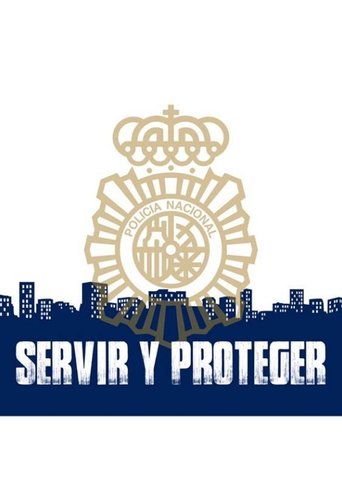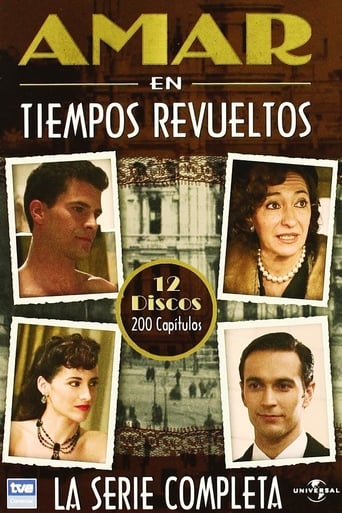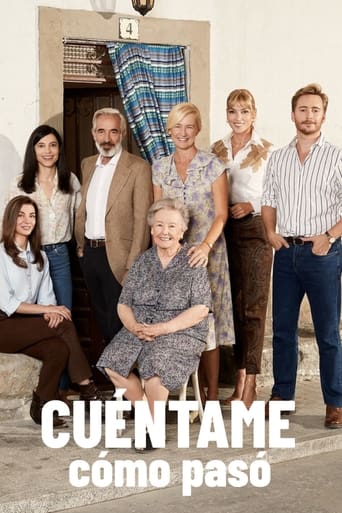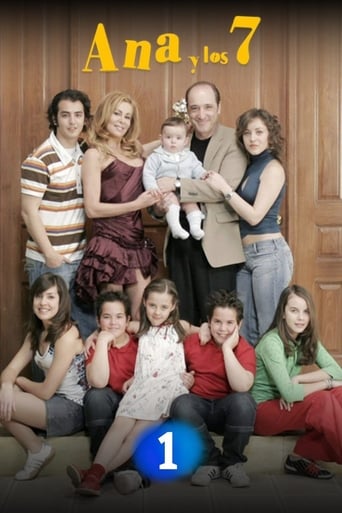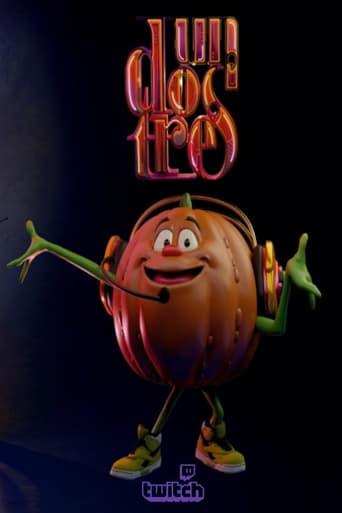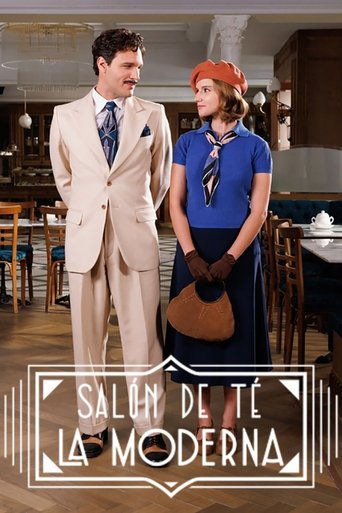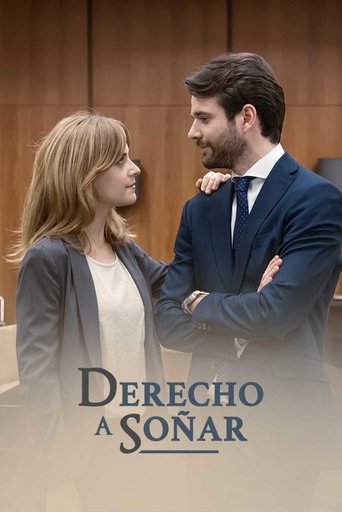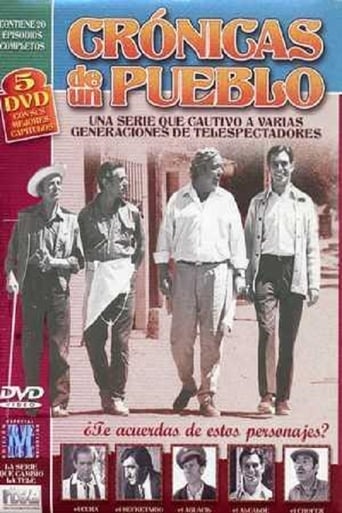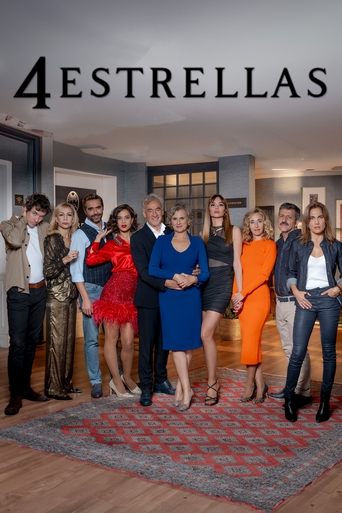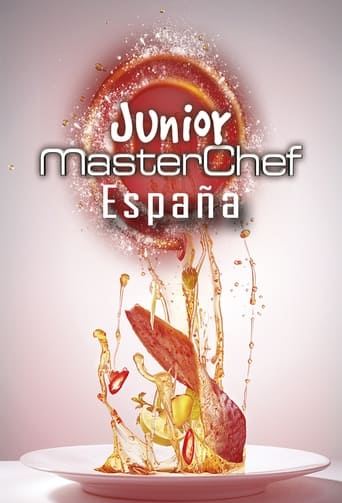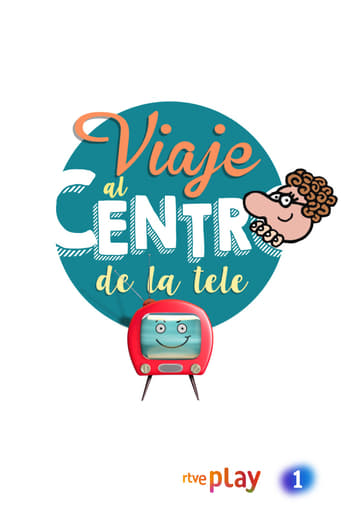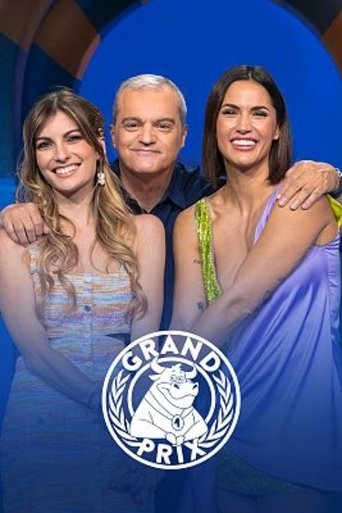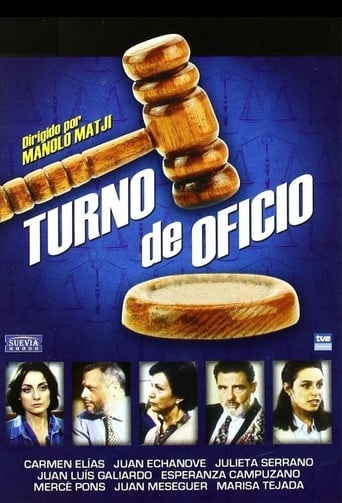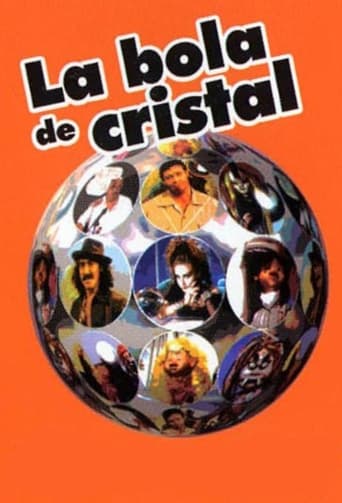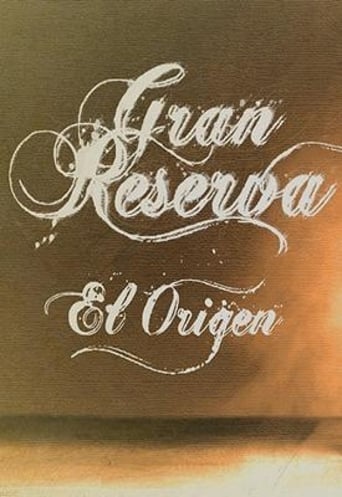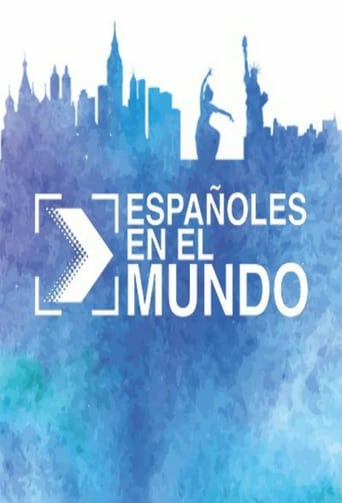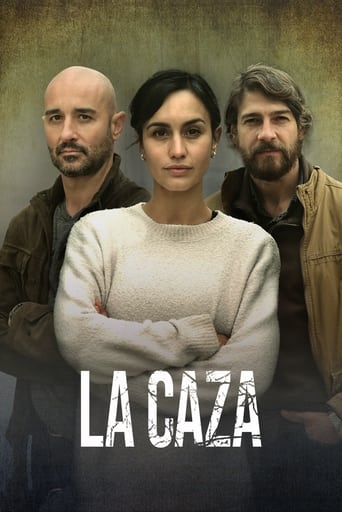La 1
Amar en tiempos revueltos 2005
Amar en tiempos revueltos is a Spanish soap opera set in the times of the Spanish civil war and the early Francoism. The serial has been aired from 2005 and has won prizes in Spain and a Silver Medal in the «New York Festivals». In January 2013 will air on Antena 3 with new name, Amar es para siempre
MasterChef Celebrity 2016
Spanish version of the reality cooking competition in which celebrities compete to win the coveted cookery competition title.
Cuéntame cómo pasó 2001
Recounts the experiences of a middle-class family, the Alcántaras, during the last years of the rule of Francisco Franco and the beginning of the Spanish Transition to democracy.
Ana y los 7 2002
Un, dos, tres 1972
Un, dos, tres... responda otra vez, often shortened as Un, dos, tres, and named Un, dos, tres... a leer esta vez in the last season, was a Spanish game show created by Narciso Ibáñez Serrador. The show, which ran from 1972 to 2004 spanning ten seasons, became the most famous game show in the history of Spanish television. It also was the first television show exported outside of Spain, with versions aired in the United Kingdom, Portugal, the Netherlands, Germany and Belgium.
Derecho a soñar 2019
La verdad de Laura 2002
4 estrellas 2023
MasterChef Junior 2013
A Spanish competitive reality television cooking show based on the British television cooking game show of the same title.
Grand Prix 1995
El Grand Prix del verano is a Spanish TV program created by Francesco Bosserman and produced by Europroducciones. It had broadcast by TVE 1 in 1995-2005, but since 2007 is broadcast by some channels of the FORTA group. Is the longest running game show in Spain with 15 years on air.
Turno de Oficio 1986
La Bola de Cristal 1984
La Bola de Cristal was a Spanish TV Show that aired on TVE from 1984 to 1988. The show was the brainchild of Spanish writer Dolores Rico Oliver and was hosted by pop singer Alaska. The show, which was ostensibly targeted at a young audience, reflected the spirit of the times, that of the post-Franco Spanish transition and of the cultural and musical movement known as la movida. In contrast to previous shows, with a very childish use of language, it had continuous puns related to electronics: the Electroduendes puppets included Maese Cámara, Hada Vídeo and Bruja Avería as regular characters.
